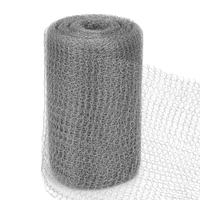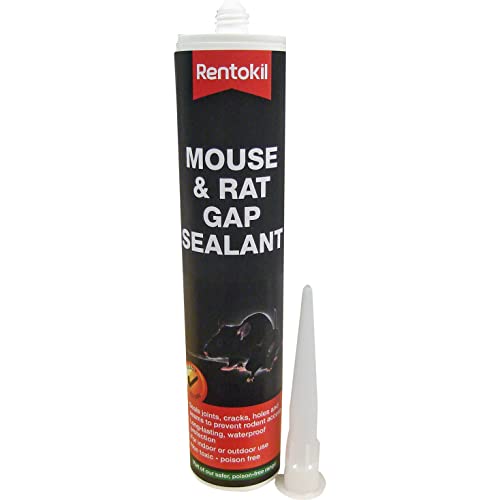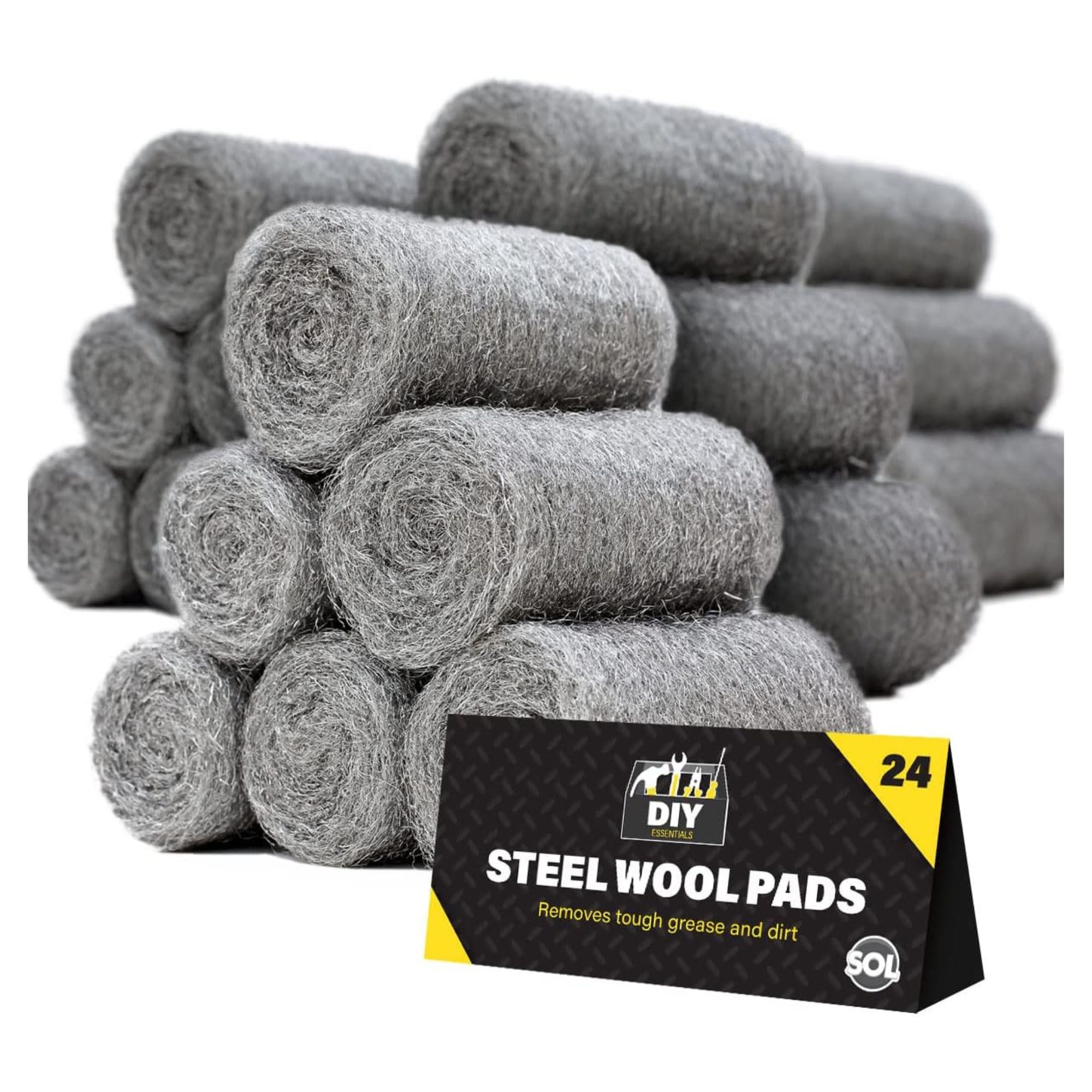How to keep mice out of your house – 5 top tips from pest control experts
Mice are a common house pest and whilst they seem harmless you may want to give some of these prevention tips a try to keep your wires safe
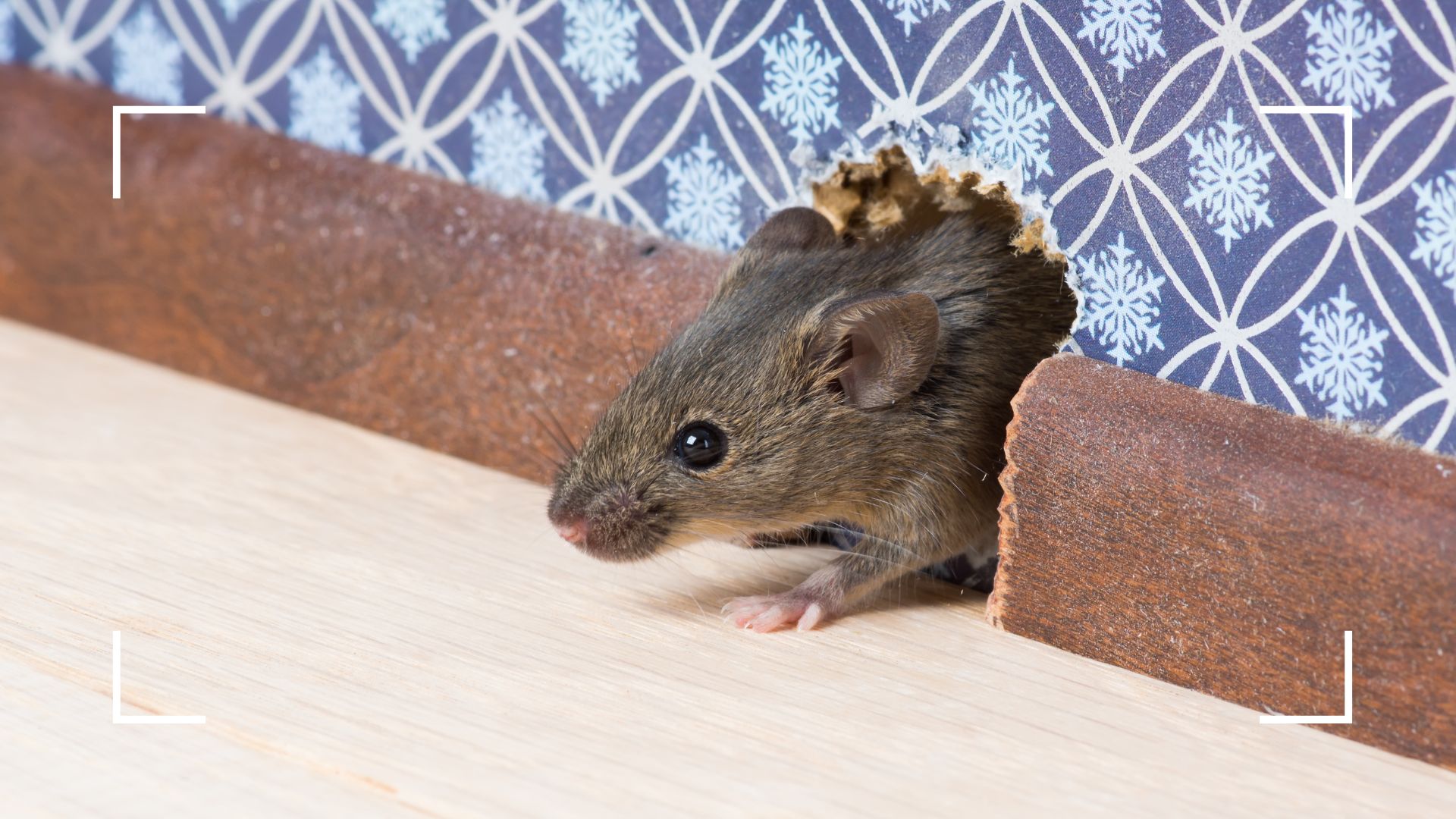

Whether you've seen these furry little pests in your home or not, it's always a good idea to know how to keep mice out of your house to prevent any possible sightings.
If you have any learnings of how to keep rats out of your garden, you'll already be well versed in the ways of rodent repellent. However, it's important to note that mice can be a little more tricky – both to spot and to deter.
Whilst these tiny little creatures may appear harmless, and rather cute, they cause quite a lot of damage to your home especially if they establish a nest.
With this in mind, we asked pest control experts for their best tips and tricks to keep the long-tailed visitors away.
How to deter mice from your home: 5 expert tips
When it comes to mice infestations, prevention is much more efficient than finding a solution to get rid of the mice. Luckily there are many ways to deter mice from your home, here are five expert-recommended tips...
1. Remove food sources
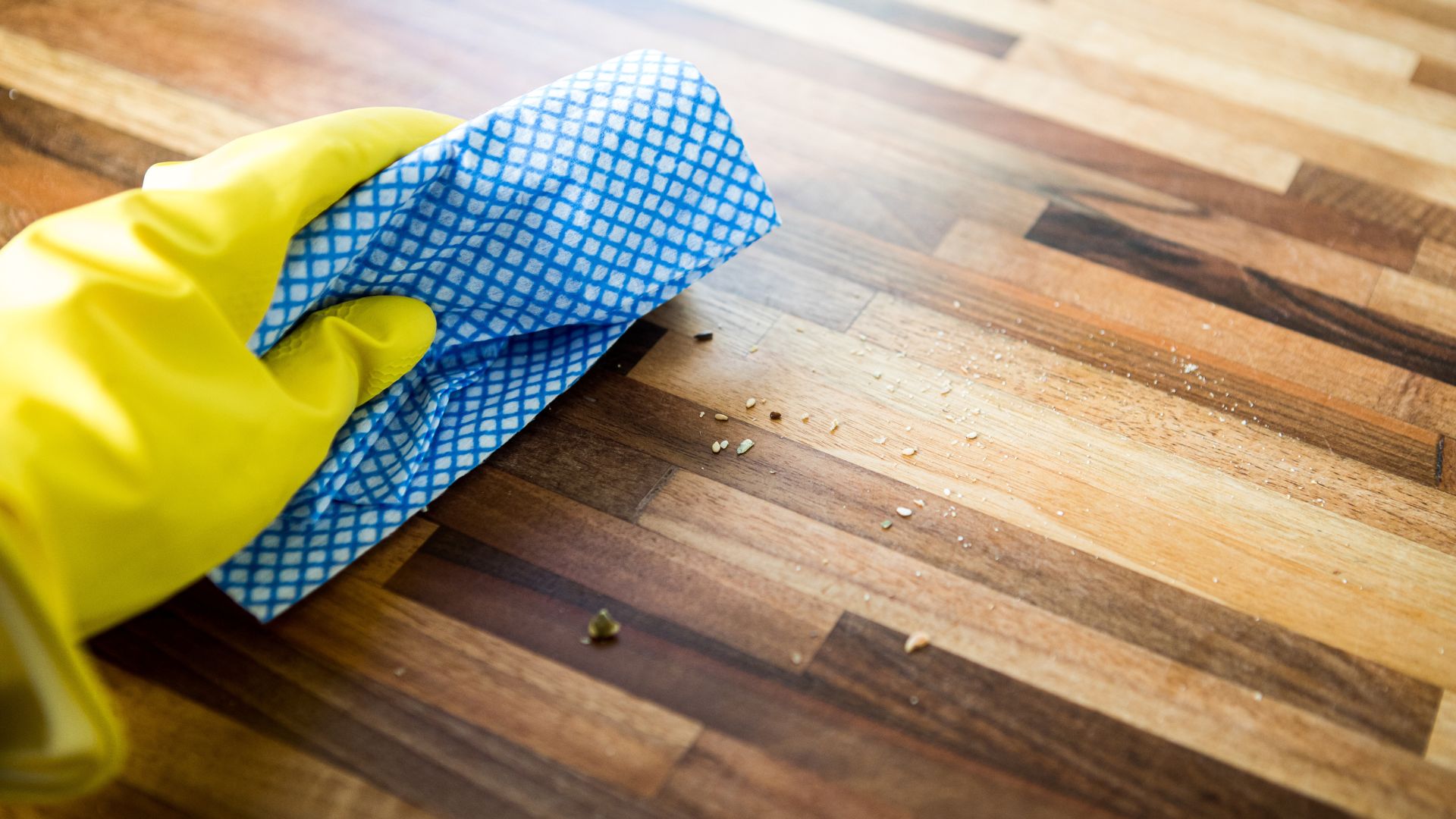
Having any amount of food in the open in your home can attract pests of all kinds. It can leave you trying to get rid of tiny black flies in your house and like trying to deter rats from your home it will certainly be an enticing attraction for mice too.
"Remove any sources of food, store open food items in sealed air-tight containers and clear away any crumbs," advises Daniel Steward, Shield Pest Control's managing director. "Don’t keep pet food out overnight either. Rodents are nocturnal which means they will be most active during the night."
Sign up for the woman&home newsletter
Sign up to our free daily email for the latest royal and entertainment news, interesting opinion, expert advice on styling and beauty trends, and no-nonsense guides to the health and wellness questions you want answered.
That means making sure your tasty leftovers are put in the fridge as soon as possible or you might wake up to see something else has enjoyed your food for its midnight feast.
2. Seal entry points
Similar to keeping spiders out of your house, it's important to remove any easy access for pests to enter your home. Where you'd patch up a fence in your garden, you'll need to cover grates and seal spaces near piping for your home.
"Seal entry points into the property including any open-air bricks and gaps around internal flooring. Open-air bricks can be sealed with specialist air brick covers or wire mesh with holes smaller than 5mm," explains Daniel.
"Door base gaps can be sealed with nylon or rubber brush strips. Never use expanding foam as rodents can gnaw their way through. Mice have also been known to hollow out the centre and use it for nesting as it offers an insulated home," he continues.
A neat trick you can use if you're unsure if a possible gap could squeeze a mouse through, Daniel suggests using a pencil to test it. If you can fit a pencil through the hole it's big enough to grant a mouse easy access.
GERAWOO Stainless Steel Mesh Gap Blocker, 20ft: £9.99 at Amazon
If you've found gaps in either your external structures or drainage pipes then using a steel wool mesh like this is great for keeping any small rodents out. It's designed specifically to stop rats or mice from being able to squeeze through.
3. Keep your house clean
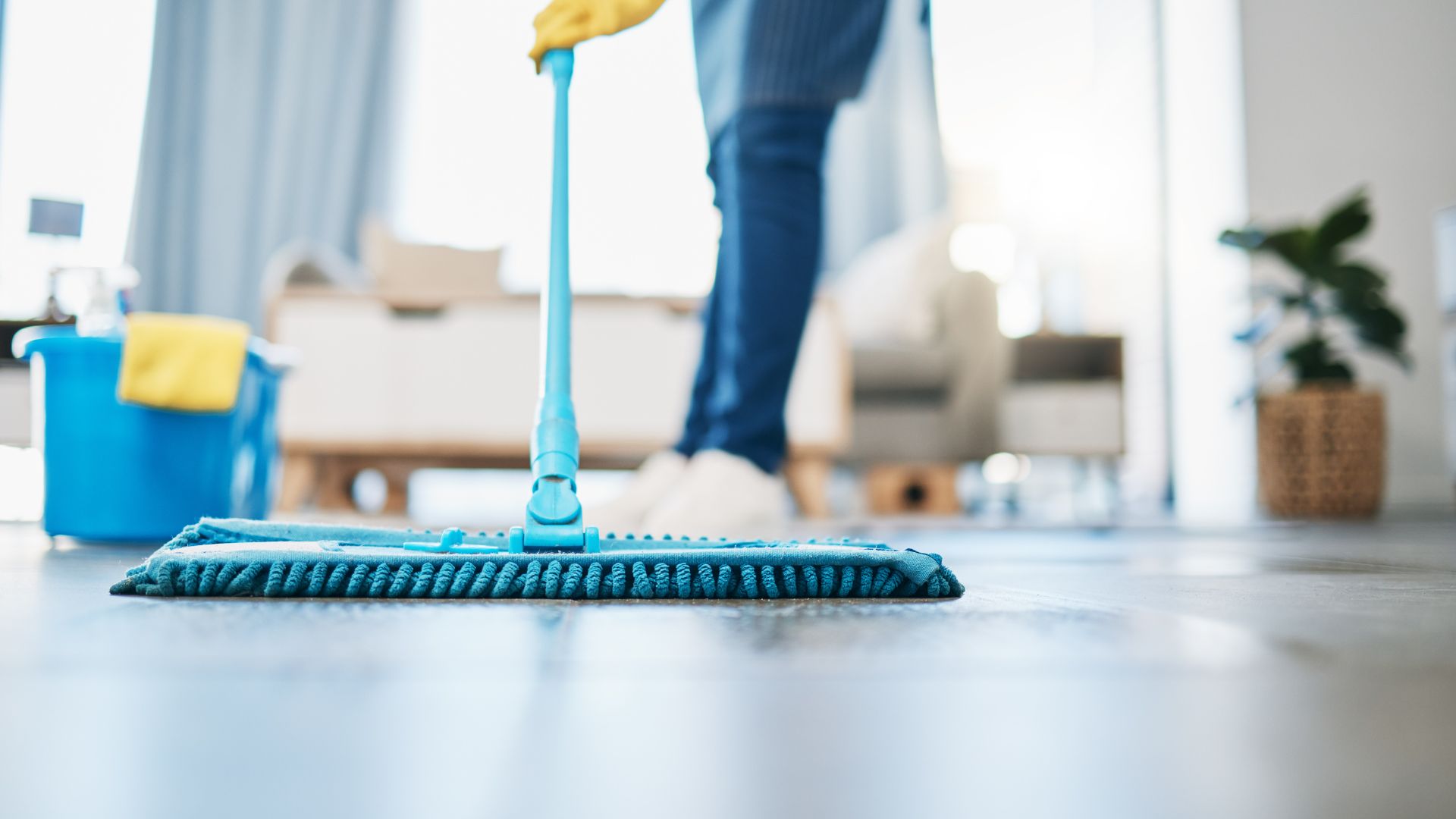
It can be a good idea to stick with any daily habits to keep your home clean and tidy. Especially if you suspect a mice infestation, as having clutter around will attract even more of them.
"Inside the house, remove any clutter that could serve to hide and shelter mice or provide them with materials for nesting such as newspapers," suggests Robert Collins, a pest control expert at MyJobQuote.
"Pick up pet food bowls and rinse them out after each use. If you have automatic feeding bowls for cats either inside or outside this is going to attract mice and other vermin."
The same goes for your garden, Robert stresses the importance of keeping your grass short, trimming the base of bushes and cutting back branches that could provide access to your house.
He explains that mice are great climbers so it's not a good idea to plant any climbers close to your house as this will act as a ladder for the mice.
4. Look out for possible signs of mice
Whilst it won't directly affect any nosey mice, having regular inspections of your house to see if there's been any pest disturbance is an extremely important step. This isn't something you should leave to spring cleaning, it is best to do this at least monthly.
"Schedule regular inspections to identify and address any infestations," suggests Dan Hancock, managing director at Mesh Direct. "By making these assessments part of your cleaning routine, you can spot early signs of pest activity before it escalates."
He recommends focusing on trouble spots such as entry points, cluttered areas and unused rooms. Dan explains, " Look for telltale signs like droppings, gnaw marks, and nests. If you notice any indications of pest presence, take swift action to mitigate the issue by sealing entry points or implementing pest control measures."
These regular checks are a cost-effective way of preventing possible large-scale infestation and help maintain a pest-free environment.
5. Use natural repellents
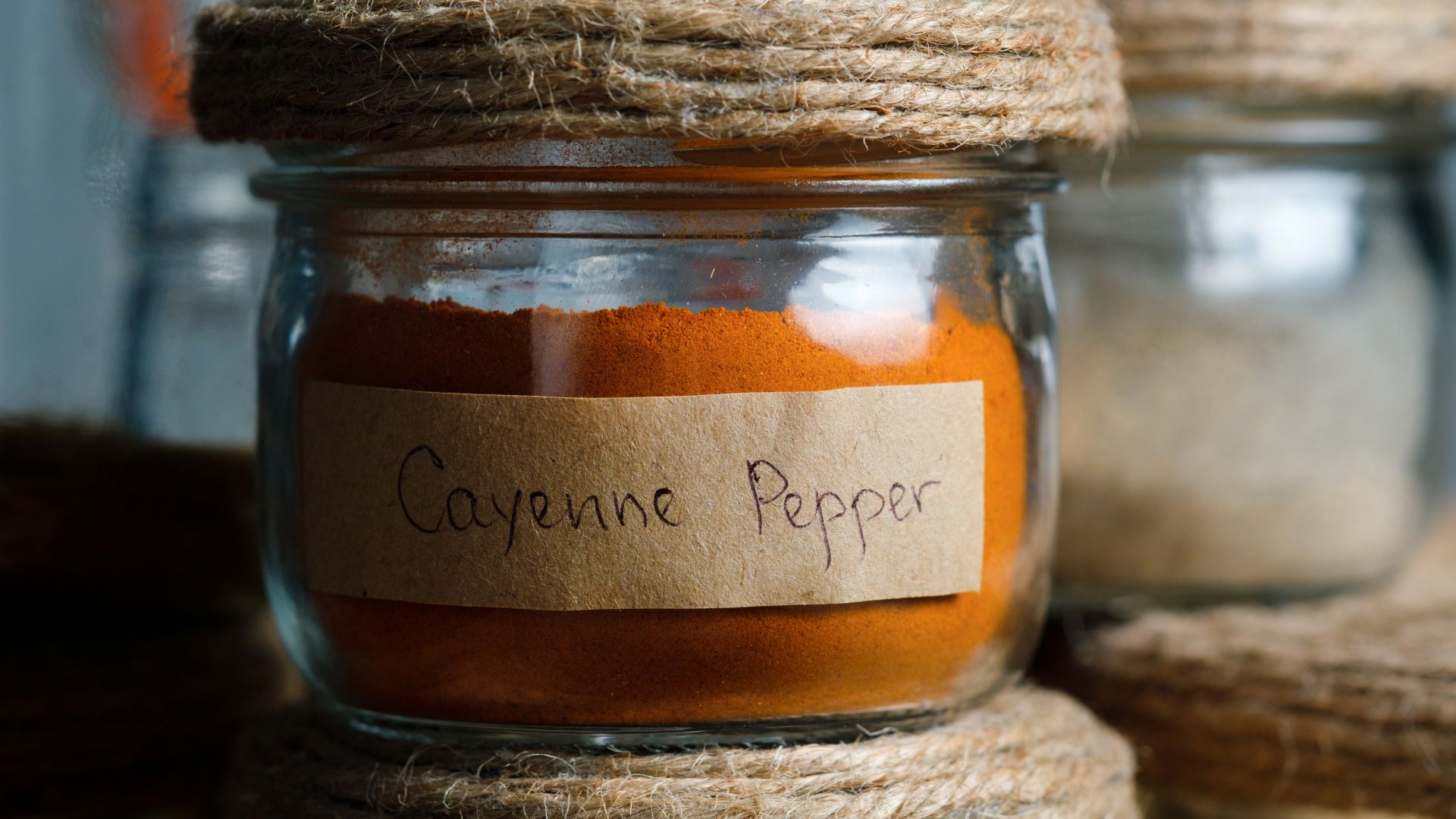
Using particular natural scents to keep pests away is one of the best natural harmless repellents, it can even help with deterring neighbourhood cats from your garden.
"There are several smells that act as a deterrent to mice which you can use in and around your home. Peppermint oil is one of the most effective smells for repelling mice although clove oil, cayenne pepper and other spicy smells also work," explains Robert.
Mice have super sensitive noises, so using scents they don't like is a safe and humane way to get them out of your home. Robert also mentions that planting certain herbs or plants like rosemary, sage and onions can have a more subtle effect on the pests.
FAQs
What attracts mice to your house?
When it comes to the reasons that pests are drawn to your home, whether in your garden or inside your house, there are three common points. Food, shelter and water are the cornerstones of what will most definitely be enticing the pests to your spaces.
"Mice are not fussy eaters and will take advantage of any food they can gain access to whether that’s human food, pet food or even bird feeders. With their keen sense of smell, they can locate sources of food easily and quickly.
Crumbs, pet food leftovers and even ripe fruit will attract mice into your home which is why it’s important to use proper food storage containers," explains Robert.
Along with food, water and shelter, mice can also be drawn to other mice droppings. Robert says that there are pheromones in the animal's urine and droppings which tells other mice that your home is safe and hospitable making it a perfect place to live and breed.
What damage can mice do to your house?
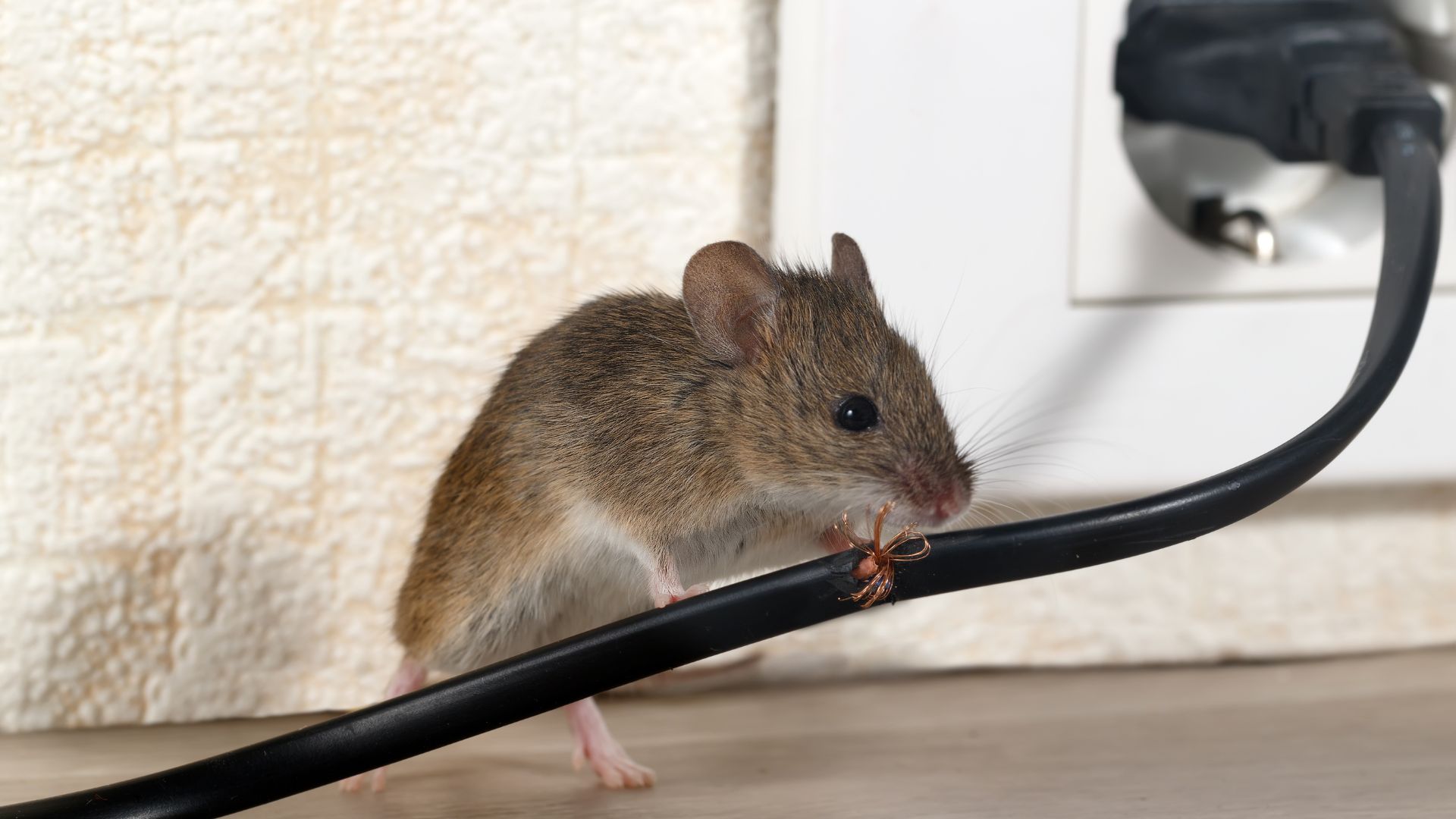
While they may be very small creatures mice can be surprisingly destructive. Small pests can usually do just as much damage but what makes them worse is that due to their size, they're often impossible to detect until it's too late. An example of this is the problems leatherjackets cause to your lawn.
Robert says, "They can chew through wiring, pipes, woodwork, furniture and packaging. Mice need to keep their teeth at a constant length but they also chew materials to use for creating a nest. Flooding of homes and house fires have been attributed to the gnawing action of mice so these are one of the most unwelcome of house guests."
It's not just their chewing either, the mess they leave behind them with their urine and dropping can become a serious health hazard. Robert explains that this excrement can cause illnesses such as salmonella and listeria. He says, "Mice also carry dirt and bacteria on their feet and fur which they will transfer onto your home surfaces such as worktops, tables and cabinets."
Should you be taking pest control into your own hands then there are legislations and animal welfare conditions you need to stick by. Causing unnecessary stress or harm to any animals is not the way forward, so should you have a particularly bad infestation it's recommended you leave it up to the professionals who can choose the best course of action.
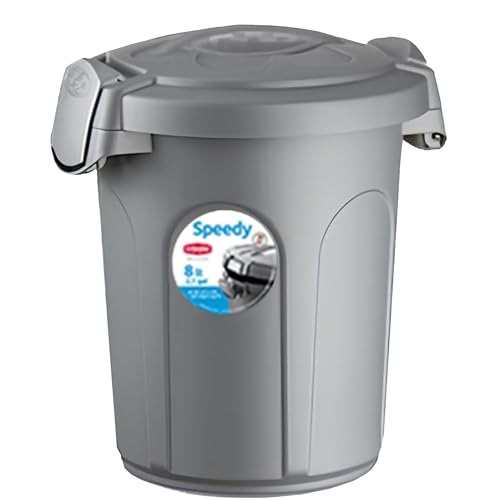
RRP: £11.45 | Use this large bin for your compost or other kinds of larger garden waste. With a secure locking lid and waterproof finish, no mice or other pests will be able to get in - and they shouldn't be able to smell anything either.

Emily joined woman&home as a staff writer after finishing her MA in Magazine Journalism from City University in 2023. After writing various health and news content, she now specialises in lifestyle, covering unique cleaning hacks, gardening how-tos, and everything to help your houseplants thrive.
-
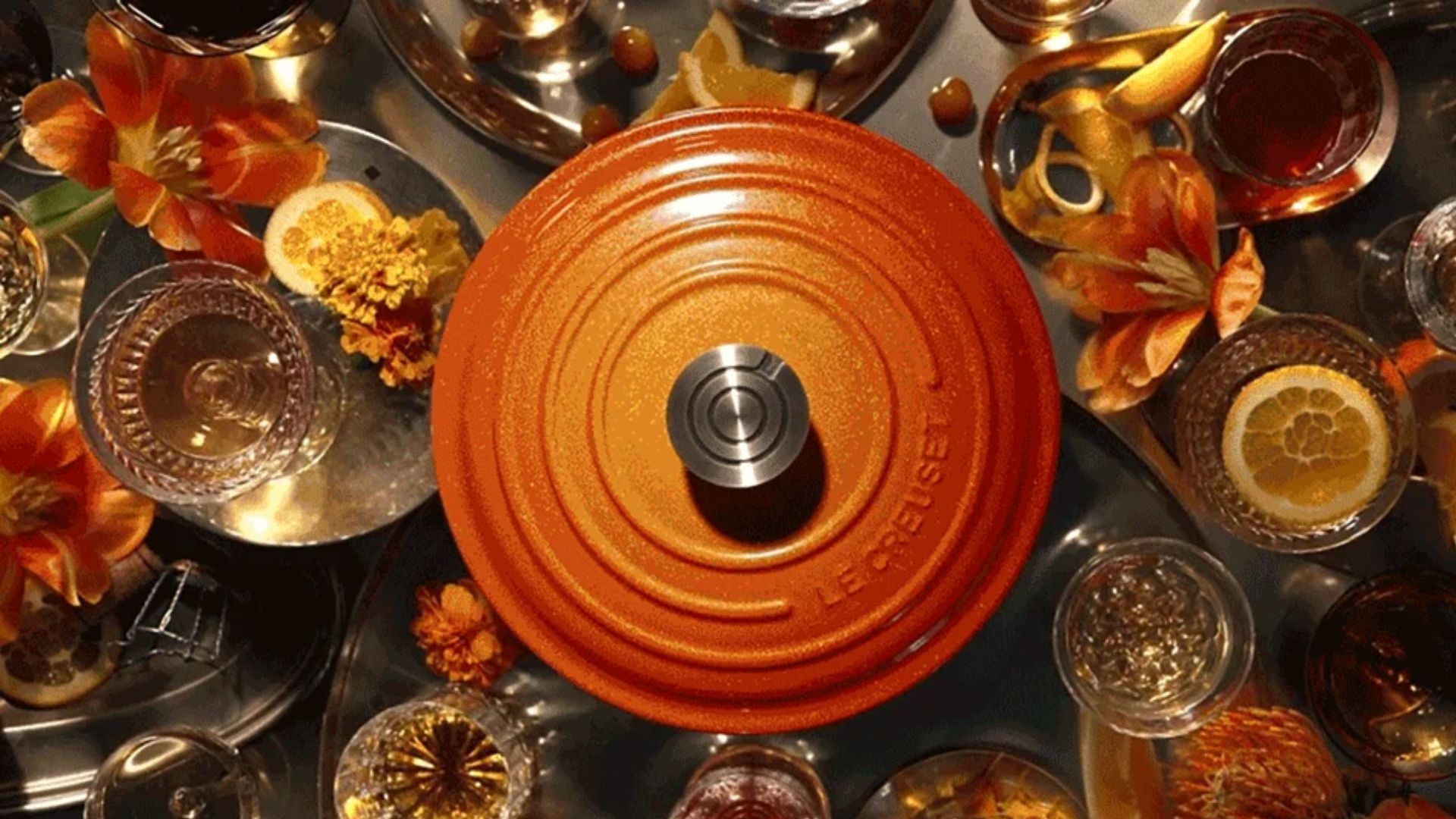 Le Creuset has taken the gold standard literally — their 100 year launch features real gold and an iconic designer collaboration
Le Creuset has taken the gold standard literally — their 100 year launch features real gold and an iconic designer collaborationLe Creuset have turned 100 years old and to celebrate they have launched a new colour — Flamme Dorée — as well as a coffee table book with designers Assouline
By Laura Honey Published
-
 This chic, Brazillian perfume brand is our beauty team's secret to smelling expensive and unique
This chic, Brazillian perfume brand is our beauty team's secret to smelling expensive and uniqueFrom salty accords to modern twists on tuberose, there's a Granado perfume for every preference - but these 9 blends have our heart...
By Naomi Jamieson Published
